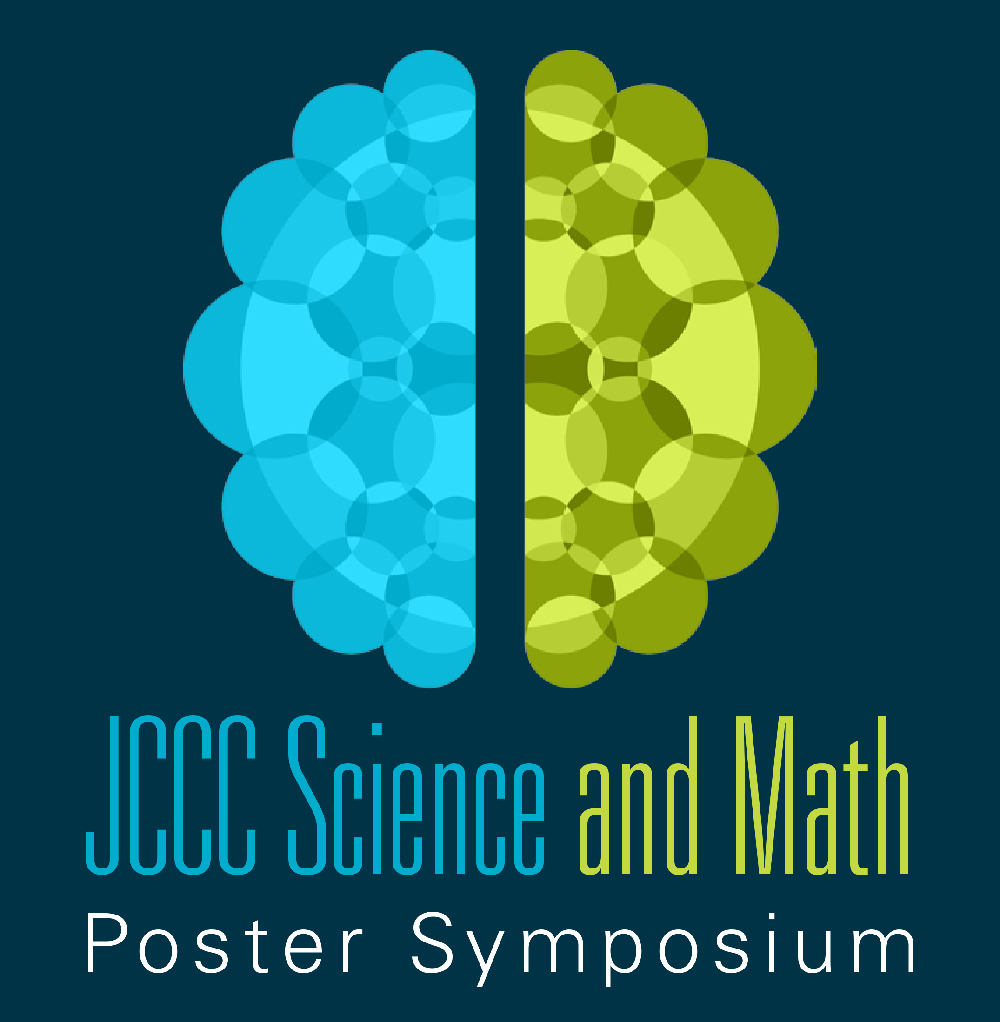Start Date
28-4-2022 10:30 AM
Document Type
Poster
Description
Abstract: Alexander Fleming discovered the antibiotic Penicillin in the early 1900s, which helped save countless lives in World War II. Even though this discovery helped many people, Alexander Flaming still warned that he was seeing bacterial resistance in his lab. Still to this day antibiotic resistance continues spreading faster than we can find new antibiotics to counter it. Historically new antibiotics have been discovered from the screening of soil. After digging up peaty and loam soil from my back yard I started to examine it for potential antibiotic soil microorganisms. After dilution and incubation of my soil sample, I then selected ten of twelve candidates of microorganisms for further testing. Each of the ten candidates was tested against five Safe relatives of the ESKAPE pathogens. Candidate ten was selected due to its large zone of inhibition against, Staphylococcus epidermis, Escherichia coli, Enterobacter aerogenes, and Acinetobacter baylyi.
Findings of Antibiotics
Abstract: Alexander Fleming discovered the antibiotic Penicillin in the early 1900s, which helped save countless lives in World War II. Even though this discovery helped many people, Alexander Flaming still warned that he was seeing bacterial resistance in his lab. Still to this day antibiotic resistance continues spreading faster than we can find new antibiotics to counter it. Historically new antibiotics have been discovered from the screening of soil. After digging up peaty and loam soil from my back yard I started to examine it for potential antibiotic soil microorganisms. After dilution and incubation of my soil sample, I then selected ten of twelve candidates of microorganisms for further testing. Each of the ten candidates was tested against five Safe relatives of the ESKAPE pathogens. Candidate ten was selected due to its large zone of inhibition against, Staphylococcus epidermis, Escherichia coli, Enterobacter aerogenes, and Acinetobacter baylyi.


Comments
The faculty mentor for this project was Jamie Cunningham, Biology .